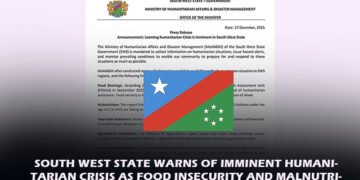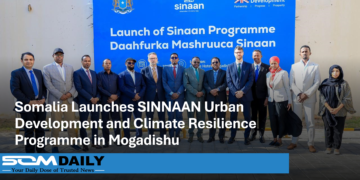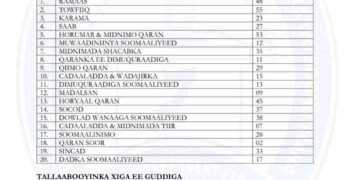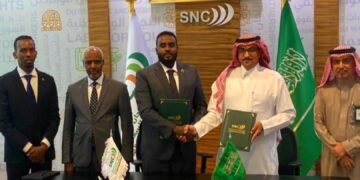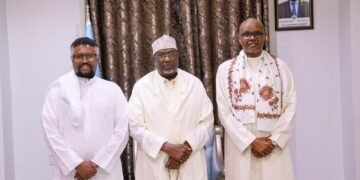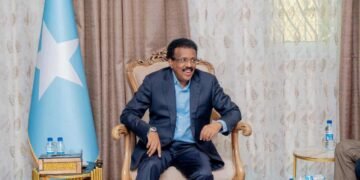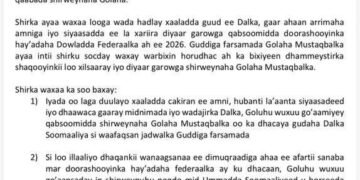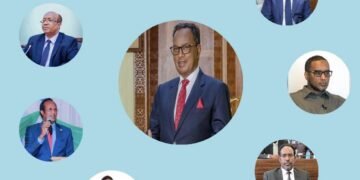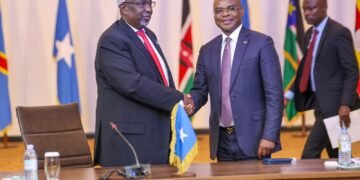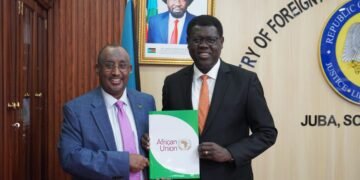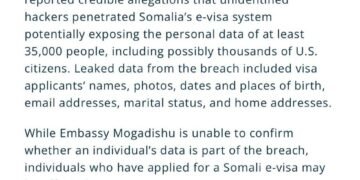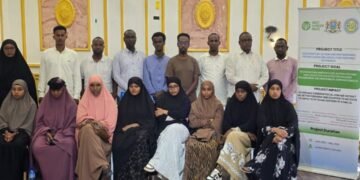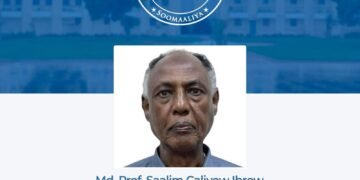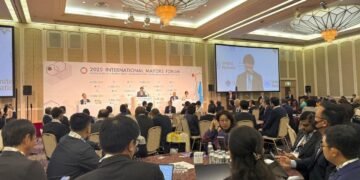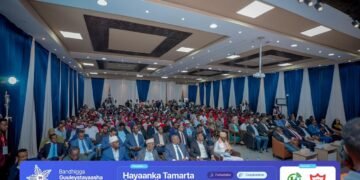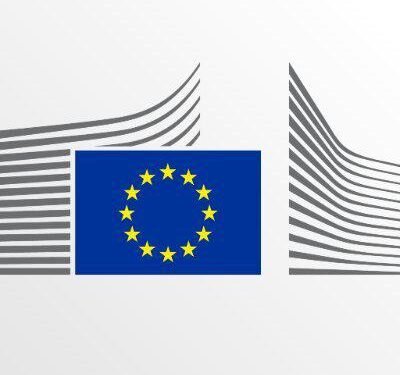Investigative Report: Misuse of EU Taxpayers’ Money in Somalia—Humanitarian Aid Diverted, Allegations of Bias, and Ethical Breaches by Somdaily Investigative Journalist.
Mogadishu, Somalia—The European Union’s Humanitarian Aid Office, widely known as ECHO, has long been a beacon of hope for millions of Somalis grappling with conflict, famine, and displacement. However, an explosive investigation by Somdaily reveals a troubling pattern of mismanagement, alleged bias, and ethical breaches within ECHO’s Somalia program, raising serious questions about the misuse of EU taxpayers’ money and its unintended consequences.
Over the past four years, the leadership of ECHO Somalia has been accused of diverting from the institution’s core principles of neutrality, fairness, and transparency. Sources within the humanitarian community allege that funds have been disproportionately allocated to certain organizations, regardless of their capacity or presence in Somalia, while others have been sidelined. This has not only undermined the effectiveness of aid delivery but also tarnished ECHO’s reputation as a trusted donor.
Allegations of Bias and Favoritism
According to high-ranking staff from multiple humanitarian agencies, the current head of ECHO Somalia has cultivated unusually close ties with the country director of a specific international organization. This relationship, described as “blatant and inappropriate” by insiders, has reportedly influenced funding decisions, with the favored organization receiving disproportionate allocations compared to others.
“It became very apparent that this organization never missed out on funding, no matter the circumstances,” said one source, who spoke on condition of anonymity. “We even saw the ECHO head of office in their guest rooms and private areas, which is highly unusual and against the principle of neutrality.”
This perceived favoritism has led to widespread disillusionment among other aid agencies. Several United Nations agencies and international organizations have reportedly stopped applying for ECHO grants altogether, citing a lack of transparency and fairness in the allocation process.
Funding Inaccessible Areas: Indirect Support to Al-Shabaab?
One of the most alarming allegations is that ECHO Somalia’s leadership has pressured humanitarian agencies to include areas under the control of Al-Shabaab, a designated terrorist location, in their programs. These areas, such as Bu’ale, Jamame, Jilib, and Sakow in the Lower and Middle Jubba regions, are inaccessible to most aid organizations due to security concerns.
Country directors of several humanitarian agencies revealed that they were instructed to allocate funds to these regions, despite having no presence or capacity to monitor the use of resources. This has raised fears that EU taxpayers’ money may be indirectly financing Al-Shabaab’s activities, either through extortion or diversion of aid.
“It was shocking to be asked to include these areas in our programs,” said one country director. “We have no way of ensuring that the aid reaches the intended beneficiaries or that it isn’t being used to support terrorism.”
Ethical and Security Concerns
The controversy extends beyond financial mismanagement. Multiple sources have accused the ECHO Somalia head of office of using inflammatory and racially charged language when referring to Somalis. “His words are demeaning and outright racist,” said a humanitarian worker. “This kind of behavior not only undermines trust but also poses a security risk for other EU staff in the region.”
Such conduct, if left unchecked, could have severe repercussions for the safety of EU personnel and the broader humanitarian mission in Somalia.
Calls for Accountability
The allegations have sparked calls for immediate action from the EU Diplomatic Mission in Somalia. “This issue cannot be swept under the rug,” said a senior humanitarian official. “The EU must investigate these claims thoroughly and hold those responsible accountable. Otherwise, the damage to ECHO’s reputation—and the EU’s image—will be irreparable.”
ECHO, known for its transparency and fairness in aid allocation, risks losing its credibility if these allegations are not addressed promptly. The misuse of funds, favoritism, and ethical breaches not only undermine the effectiveness of humanitarian efforts but also betray the trust of European taxpayers who fund these life-saving programs.
As Somalia continues to face immense humanitarian challenges, the role of organizations like ECHO remains critical. However, the allegations of mismanagement and ethical violations within ECHO Somalia highlight the urgent need for reform. The EU must act swiftly to restore transparency, ensure accountability, and reaffirm its commitment to the principles of humanitarian aid.
For now, the people of Somalia—and the taxpayers of Europe—deserve answers.
This report is based on interviews with multiple sources within the humanitarian community in Somalia, including country directors and high-ranking staff of international organizations. Names have been withheld to protect their identities and ensure their safety.



